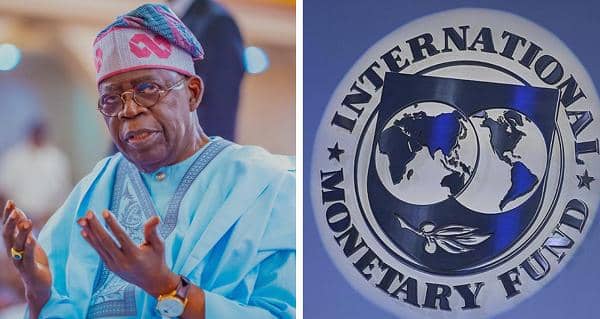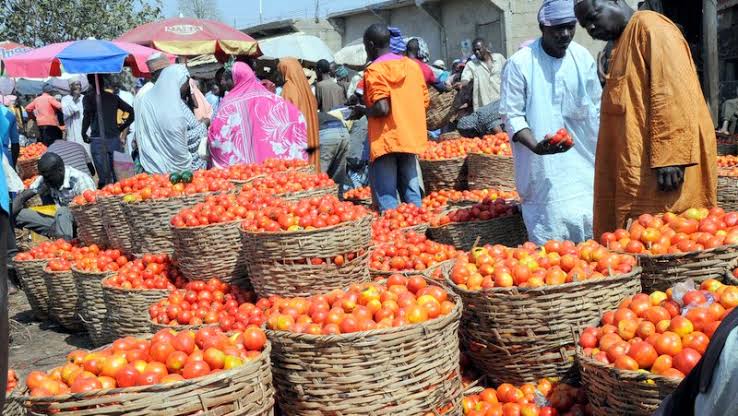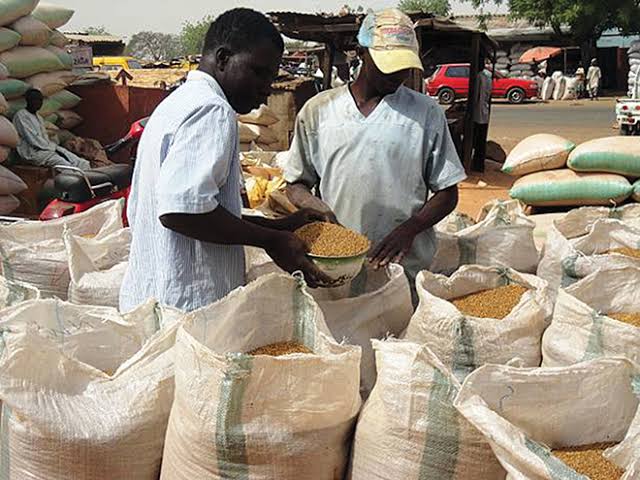The International Monetary Fund (IMF) has upgraded its forecast for Nigeria’s economic growth to 3.4 per cent in 2025.
The new forecast represents a 0.4 percentage point decrease from the 3.0 percent forecast of the IMF in April this year.
Similarly, the IMF raised its forecast for the country’s economic growth for 2026 to 3.2 percent, representing a 0.5 percentage point increase from 2.7 percent in April.
The IMF announced the new forecast in its July 2025 edition of the World Economic Outlook (WEO), which also showed an upward revision of the forecast for global economic growth to 3.0 percent for 2025 and 3.1 percent for 2026.
The new forecast for global economic growth in 2025 represents an increase of 0.2 percentage points compared to the reference forecast in the April 2025 WEO, while the outlook for 2026 is up by 0.1 percentage points.
In the same vein, the IMF raised its forecast for the Sub-Saharan African region to 4.0 percent for 2025 and 4.3 percent for 2026, representing a 0.2 percentage point increase from 3.8 percent and a 0.1 percentage point increase from 4.2 percent, respectively, projected in the April 2025 WEO.
“Growth is expected to be relatively stable in 2025 in sub-Saharan Africa at 4.0 percent, before picking up to 4.3 percent in 2026,” the IMF said.
IMF’s Chief Economist, Pierre-Olivier Gourinchas, explained that the upward review of the global economic growth forecast reflects stronger-than-expected front-loading, lower tariff rates compared to early April, easier financial conditions, including a weaker US dollar and fiscal expansion in some jurisdictions.
Gourinchas added that overall, risks to the outlook remain tilted to the downside, as was the case in the April WEO.
“Risks remain tilted to the downside. A breakdown in trade talks or renewed protectionism could dampen growth globally and fuel inflation in some countries. Persistent uncertainty may weigh on investment, while geopolitical tensions and fiscal vulnerabilities pose additional threats. Financial conditions have eased, but they could tighten abruptly, especially in case of threats to central bank independence. On the upside, breakthroughs in trade negotiations could boost confidence and structural reforms could lift long term productivity,” added Gourinchas.
Consequently, the IMF advised policymakers to implement economic policies to bring confidence, predictability, and sustainability by calming tensions, preserving price and financial stability, restoring fiscal buffers, and implementing much-needed structural reforms.
“Reducing policy uncertainty is essential. This is especially true for trade policy, where the global economy needs clear, transparent and predictable rules. Many countries need to address fiscal vulnerabilities and rebuild fiscal buffers even if they face increased spending needs. Central banks must maintain price and financial stability while preserving independence. Exchange rate flexibility remains key, even if some tailored interventions may be appropriate in certain cases in line with our integrated policy framework.
Finally, structural reforms that ease policy tradeoffs and support long term growth remain essential to long term prosperity,” said Gourinchas.
WARNING: If You Are Not 18+, Don’t Click The Link Below 👇🫣
https://abnormalitylovingmammal.com/kx6iepv2qm?key=6c14bd1d68e1eba721851f19778f5efe
https://poawooptugroo.com/4/8902554
Please don’t forget to “Allow the notification” so you will be the first to get our gist when we publish it.
Drop your comment in the section below, and don’t forget to share the post.
Never Miss A Single News Or Gist, Kindly Join Us On WhatsApp Channel:
https://whatsapp.com/channel/0029Vad8g81Eawdsio6INn3B
Telegram Channel:
https://t.me/gistsmateNG




